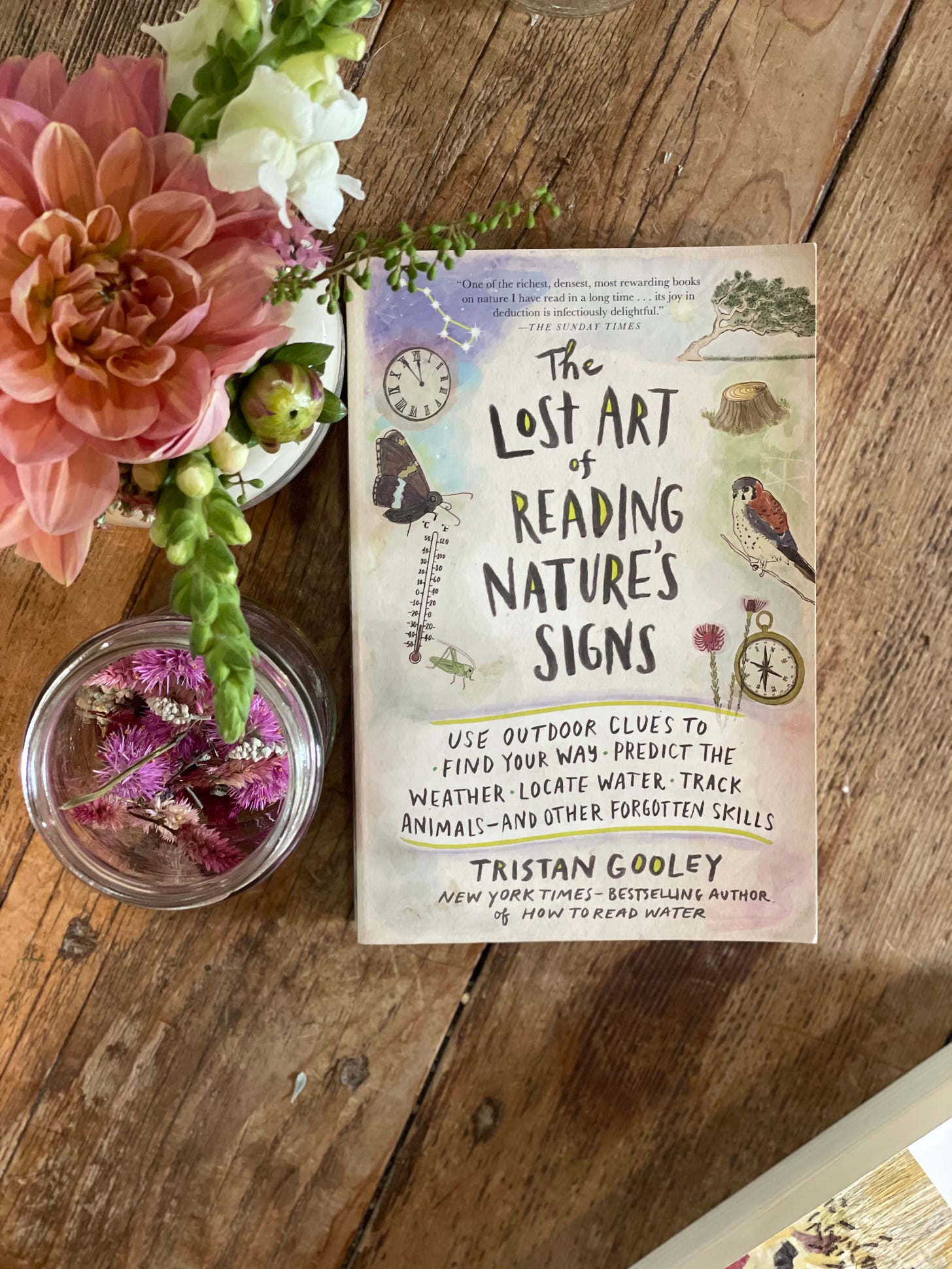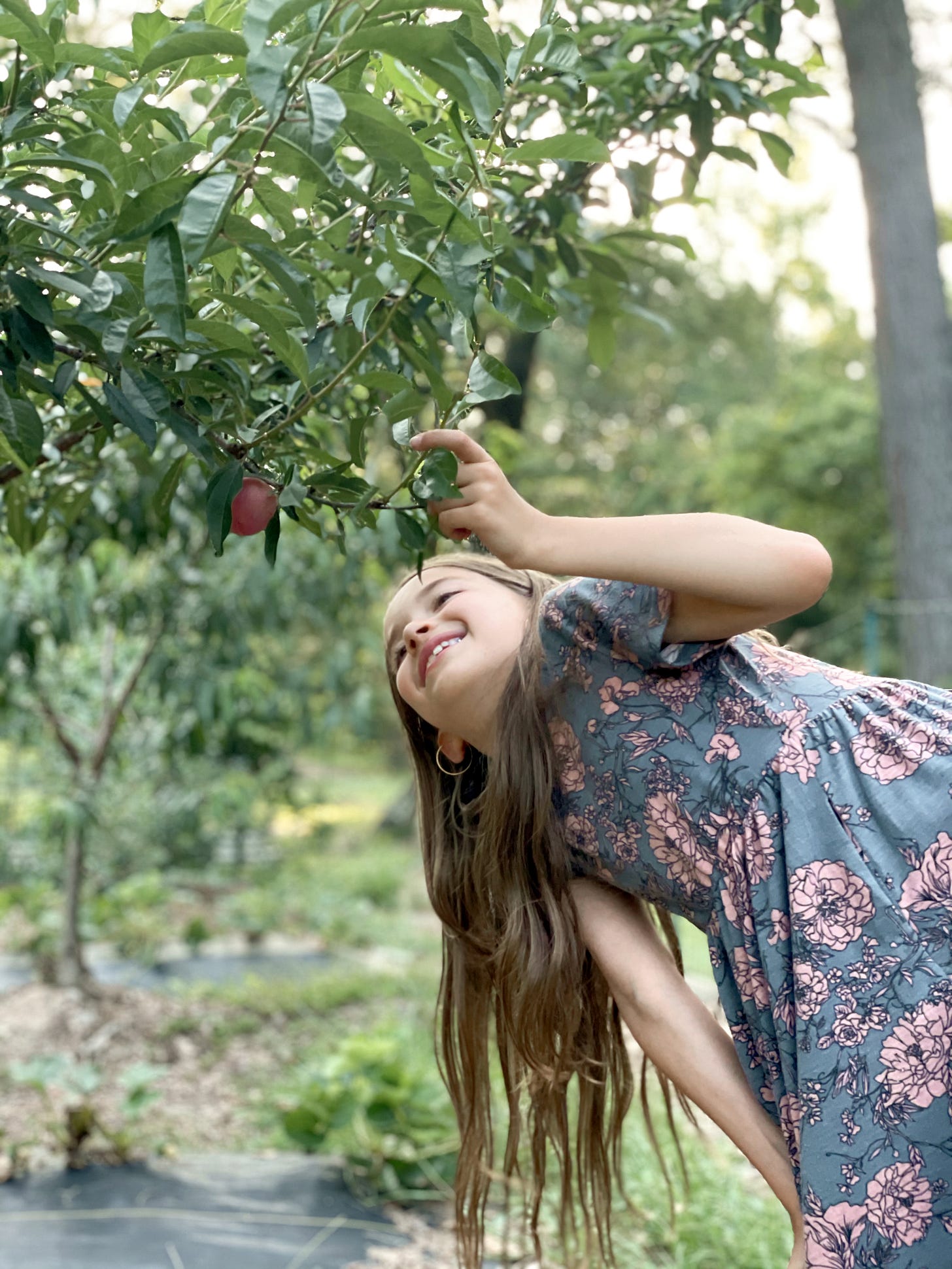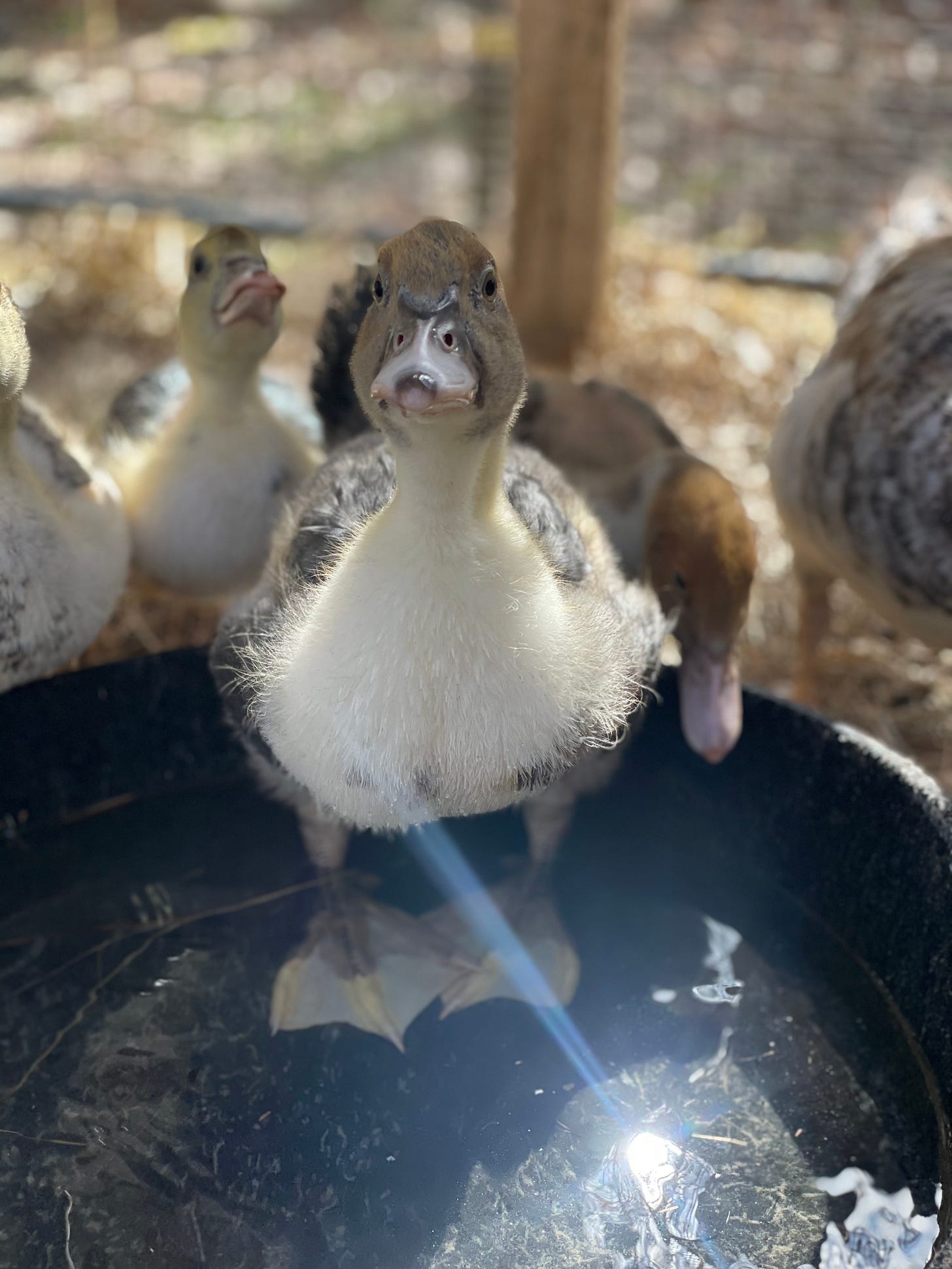When we realize that the incarnation is rooted in courageous love marked by humble vulnerability, we begin to see what God had in mind when He desired to connect deeply with His creation.
-J.R. Briggs, Fail
Thigomorphogenesis is an odd word used to describe the biological response of certain plants after being exposed to some harsh environmental conditions, where they shift their growth patterns and reroute their stores of energy and nutrients in order to build greater resilience against similar extremes in the future.
This is why trees found along the coast are shorter and stockier than their inland counterparts. While the later was free to invest its energy in upward growth, far away from the wind and storms known to ravage the shoreline, their coastal relatives were forced to invest in the roots and robust lateral limbs necessary to survive.
This is also why industrial orchards stake their young trees. Staked trees produce fruit faster than unstaked trees, because stakes prevent thigomorphogenesis, absorbing the pressure of wind and storm on behalf of the trees so that they don’t reroute their energy away from upward growth and fruit development and invest it in the strengthening of limbs and the establishment of strong roots. The result of this is a top-heavy tree with weak limbs, poor disease resistance, and reduced capacity to absorb nourishment, that is always kind of teetering on the brink of being uprooted. And in the industrial economy of our day, this is considered successful, fruitful, desirable, growth. That is, of course, until a storm rolls into town and knocks it down.
But what many brave, ecologically minded orchardists choose to do instead, is to allow their trees to be exposed. To leave them out, unstaked, trusting that whatever is lost in fruitfulness will be gained in sturdiness, strength, health, and longevity.
I’ve long loved this word and the imagery it offers on the hidden value of the struggles we face in this life. It’s a helpful word in any conversation about the capacity we all have to bear good fruit on behalf of this world. And yet there is no place that I find it more helpful than as a mom.
Because I want to be the stake that absorbs the wind for my daughter. I want to stand between her and life’s storms and do whatever I can to shield her from exposure so that she can maintain her way on some upward trajectory called, “growth.” With incremental upward steps towards some measure of happiness. But my orchard reminds me that sometimes the best growth is hidden and sometimes the same wind that we wish we could shield those we love from most becomes the very thing that transforms them from some weak and disease prone form of “grown,” to a grounded and deeply nourished being who possesses the inner strength necessary for longevity, resilience, and lasting fruitfulness in their lives.
Today I am writing all of this down as a reminder to myself really. This is a whole sermon that I am preaching for me. Because over the weekend someone plowed through our ducks on the road, killing four of them. I have no idea why our ducks were in the road, I’ve never even seen them in our front yard before, but the weather has been brutal and they were getting so much pressure on their nests from raccoons, that I wonder if maybe they were just looking for some relief on the opposite side of the road. I don’t know.
I also don’t know how you can hit four ducks at once. That is just a sidenote here in this discussion. I’ve been driving around all week, wondering how that went down. But big trucks travel entirely too fast on our road, and my ducks had no street sense because they were farm animals, so there is that.
These are just a few of the questions that have rattled around in my heart and mind this week. But the main one is this internal digging of my heels into the ground before God, accompanied by the silent, familiar plea for the wind to cease and the storms to stop. It’s the exact same feeling I brought before Him after the flood when I had to break it to Ruth about the horses, and a year later when her precious friend from school drowned in a terrible accident, and again, each and every other time when storm clouds rolled in up ahead and the wind began to blow. I dig my heals in. I feel the bracing within myself. And I ask God to make it stop. I bring all of my evidence before him, of how she has endured enough. And I ask Him to just let me absorb these winds for her instead.
But then I am pointed back to the trees. Back to this mysterious, hidden process, of thigomorphogenesis that converts these gusts of wind into internal strength. And it makes me reconsider the length and width and depth of the love and intelligence of our Creator God.
We have been made well. We have, within ourselves, the potential to be so sturdy. If only we trust in and live according to God’s design. Unstaked. Exposing ourselves to the potential for sorrow and grief that abounds in this world, because that is the only way to show up completely and to live out our call to be those who deeply love.
There is so much out there telling us that a good life, a fruitful life, a happy life, is one where we have shelter against life’s the storms. This leads us to believe that our role as individuals, parents, leaders, is to install braces for the things and people we long to see grow. We protect, we shield, we fortify, we build up defenses and walls in the form of wealth and comfort and security and bigness of all kinds. Winning, gaining, earning, adding, accolades and accomplishments, all the while dodging any brush with loss in this life. And maybe for a time these measures will allow for some upward momentum, while things beneath the surface remain inwardly frail.
The sky over our house has undergone a noticeable loss of wonder these past few days.
And my garden is suspended in a lonely sort of state. Those ducks were just so fun to be around. So fun to watch. And so, the prayer we offered up in response to God after that loss was, thank you. Thank you for making creatures as peculiar and delightful as they wore. Thank you for the gift of being able to tend to them while we could. Thank you for the reminder that grief and gratitude really do go hand in hand. And that beauty, in all of its fullness, awaits us not in the denial of our losses, but in the light of our pain.









I'm so sorry for the loss of your precious ducks, dear Karen. I am grieved and grateful alongside you. And thank you for introducing me to my new favorite word: Thigomorphogenesis. Brilliant! ... and sometimes brutal. Deep bow to you as you continue to live into this.
Beautifully said.